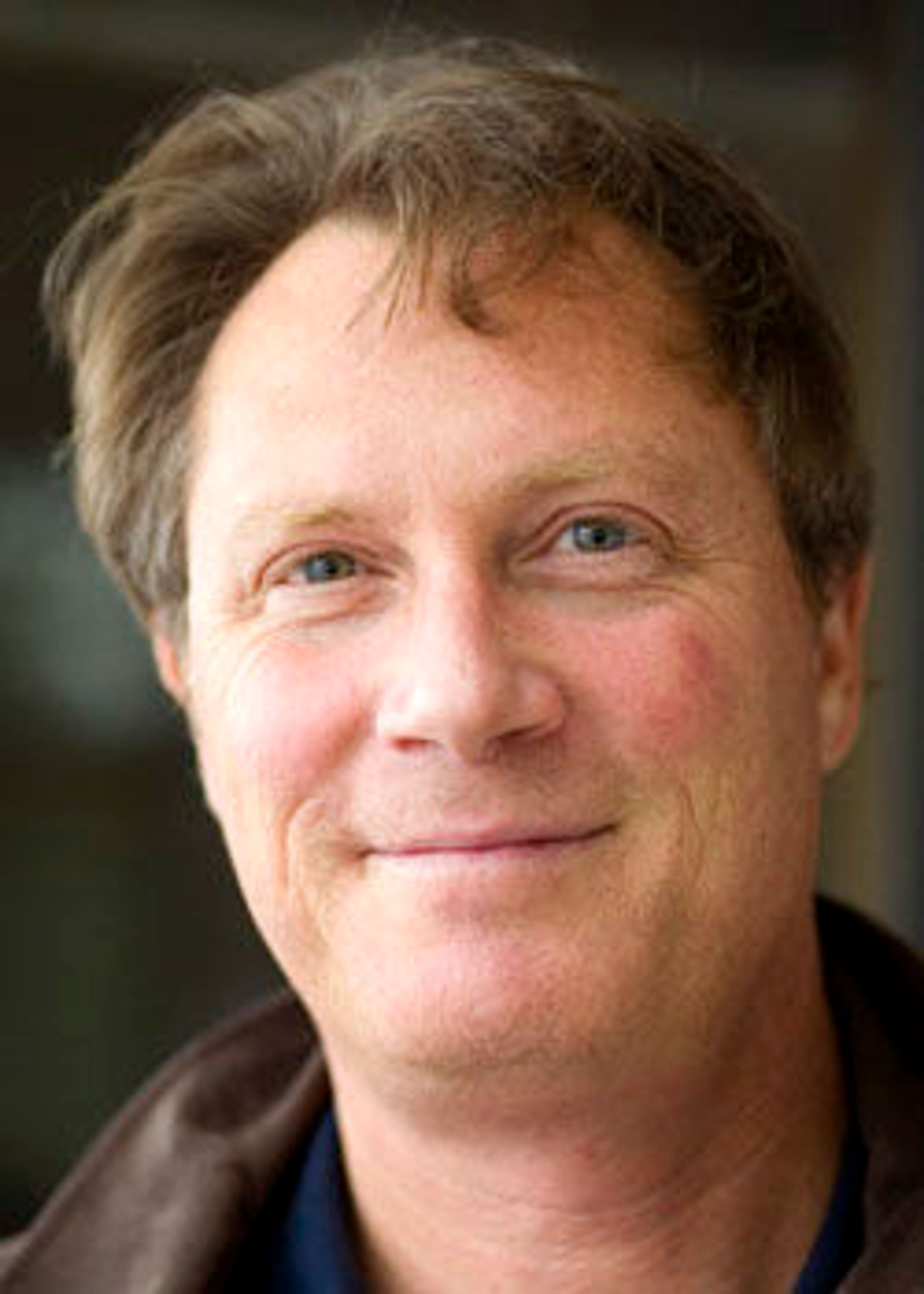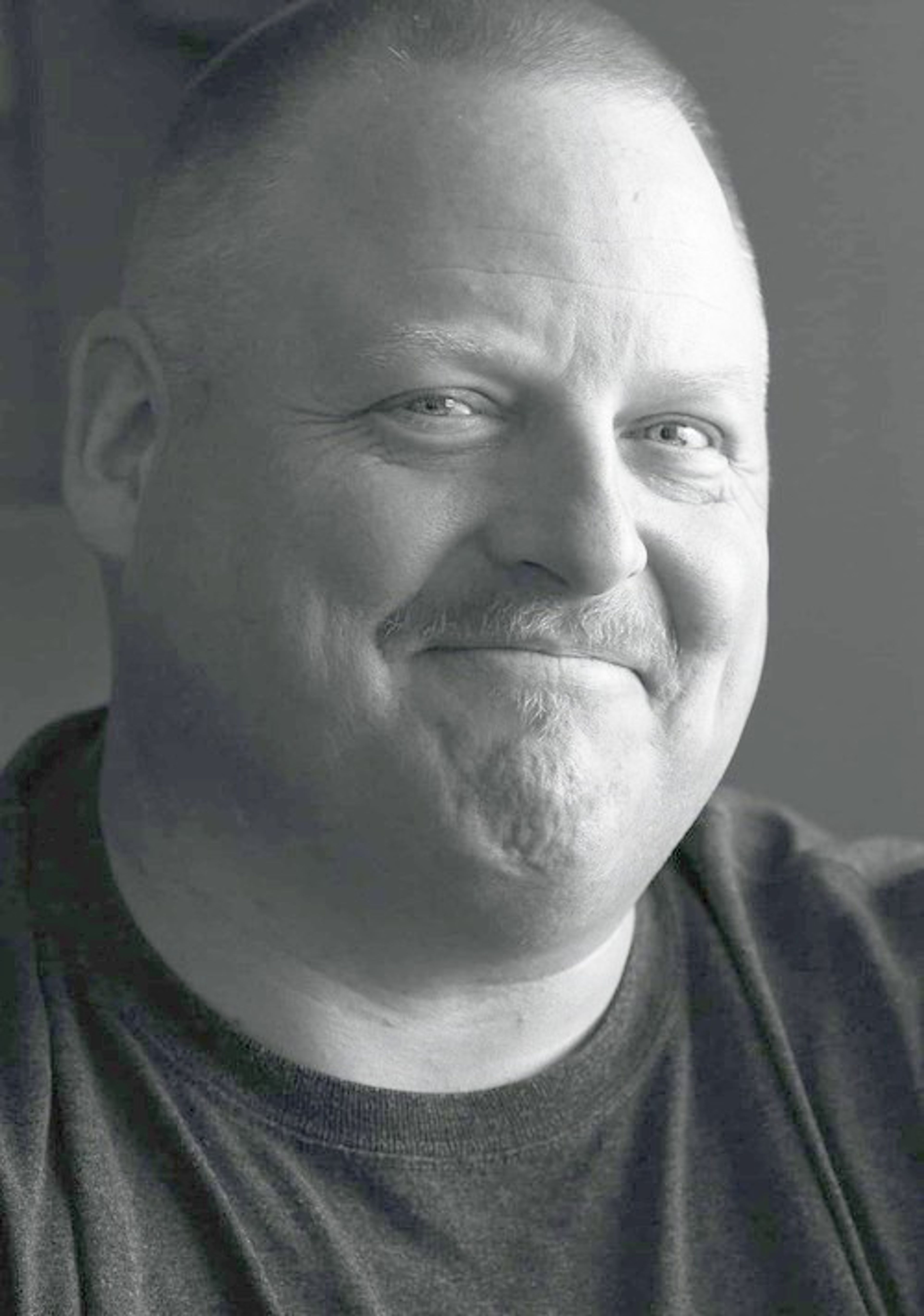“We don’t like what we’re seeing.” A friend’s impassioned comment when I inquired as to why they plan to move away from the Moscow area. As sure as they are repulsed by the cultural trends, I talk with clients of mine who have relocated to Moscow — attracted to what they see.
In our small town in north central Idaho, we now have front-row tickets (don’t forget your 3D glasses) to watch what’s playing out across the country. And you’re probably thinking that I’m going to now segue into a for/against Christ Church rant. You’d be wrong.
For the moment, I’m resisting that bait. Not that I’m short on an opinion — my ink could spill onto pages, but what is unfolding along Moscow’s Main Street and the county is not confined to identification with a particular brand of salvation. There is a bigger plot afoot.
Much of the American electorate is feeling cornered, under pressure to choose sides. A Google search on “tribalism” has some 283 million results, more than one for every U.S. family or should I say tribe. As individuals and whole neighborhoods become hypervigilant about which bin they get sorted into, they are being pulled by the forces of history if not nature and are every bit as aloof to the underlying root causes as the tribal media shamans of talk radio and cable.
In fact, to show serious interest in history repeating itself would be to forsake the delectable opportunities to seize the moral high ground — from those who are pathetic, deluded, and wrong (feel free to add some choice adjectives of your own here). Once the high ground is staked out, victory must be claimed. A zero-sum game. That is the great tragedy of history playing out yet again, and in our backyard.
Consider this: 80 percent of those who joined the insurrection of Jan. 6, the so-called sedition caucus, are from economically marginalized counties. They didn’t show up with pitchforks to overthrow the soon-to-be majority Black and Latino minority; they were out to take back their liberties from the wealthy white country club set, or as some prefer: the vaccinated, urban, college-educated elites.
Beginning with the 2016 election, the best predictor of how someone would vote is their zip code and whether that is a rural or urban address. How far do you have to travel outside of Moscow before you pick up the scent of shifting political winds? A mile? Five miles? In the 2020 election, Trump commanded the rural vote with 65%. Compare that with the Clinton election some 18 years earlier — who won with 51% of the rural vote. There is currently a 20-percentage point rift between urban and rural voters and the gap is widening.
On the street, the conversations I’m having alarm me (and you?) because they are grounded in fears buttressed and fed by social media addictions. Where is the positive conversation and unified search for common ground? Why bother to seek out a more spiritual connection when you are right, God is on your side, and they are so, so wrong? On that note, why even bother to teach your kids the value of being adaptable and flexible?
The historical forces that have driven this rural/urban wedge are many and varied — yet perhaps most prominent among them is the overwhelming transformation of manufacturing and farming this last half-century. Think of the social upheaval of rural-based identities and traditions. Rural America used to be considered the backbone of society. The livelihoods have been made fragile, even obsolete, and there is a perceived neglect from the federal government.
Those that have ridden the waves of economic progress have flowed into the urban landscape and have held onto or adopted progressive values of LGBTQ rights, public education with a clear separation of church and state, a more friendly immigration policy, limits on gun rights, and pro-choice abortion rights. These are the new crop of knowledge workers and innovation junkies.
If, as expected, SCOTUS overturns Roe v. Wade in a way that leaves states to determine the legality of abortion, our society’s fissures will deepen further. We’d expect more flight from both camps: from those with progressive and conservative values who feel alienated by the encroaching enclaves in search of like-minded brethren.
For the time being, I’m hesitant to hitch my wagon to somewhere other than Moscow. One reason is that I still don’t like crowded cities. Another is that the idealist in me feels that there is a need for separate independent voices to come together — that’s called harmony.
After years of globetrotting, Broadman finds himself writing from his perch on the Palouse and loving the view. His policy briefs can be found at US Renew News: usrenewnews.org.








